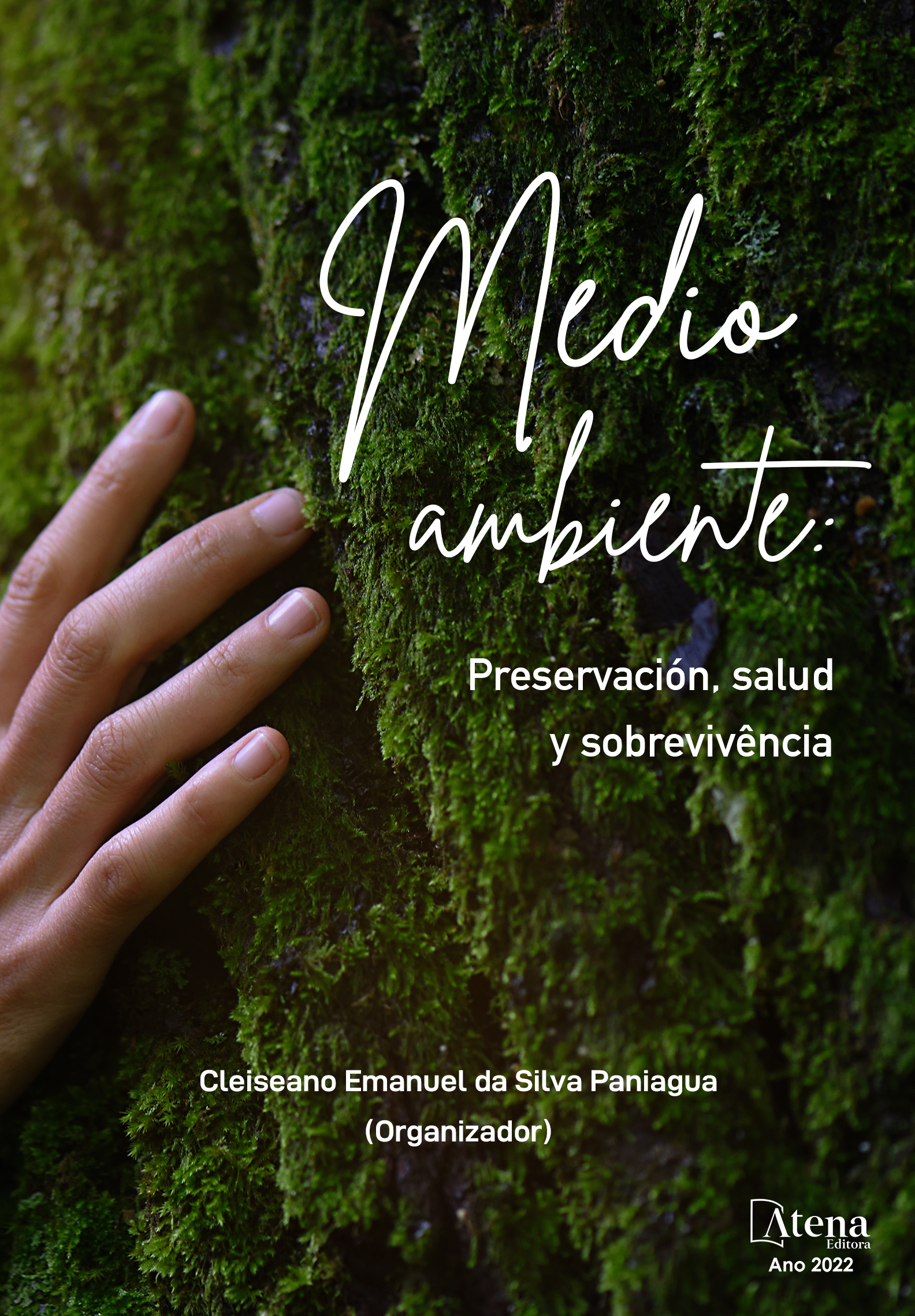
ELETROCOAGULAÇÃO COM ANODOS DE ALUMÍNIO E AÇO DE LIXIVIADO SINTÉTICO DE ATERRO SANITÁRIO
Após a coleta dos resíduos sólidos domésticos, estes são armazenados em aterros sanitários municipais, onde passam por um processo de liquefação resultante da decomposição, o qual associado à umidade do meio ambiente gera o chorume. Este lixiviado possui uma composição complexa composta por contaminantes orgânicos, inorgânicos e microbianos de difícil degradação, que, se atingirem o solo ou corpos aquáticos, podem contaminá-los. Dentre os inúmeros esforços e técnicas para degradar esse lixiviado, além dos processos convencionais (biológicos), os tratamentos eletroquímicos têm se destacado como alternativa nos últimos anos. Assim, o presente estudo tem como objetivo avaliar a eficiência da eletrocoagulação (ânodos de alumínio e aço) do lixiviado de aterro sintético, ou seja, avaliar a eficiência da mineralização da carga orgânica e remoção da demanda química de oxigênio, modificando os parâmetros que afetam o processo de eletrocoagulação. Os parâmetros estudados foram a densidade de corrente aplicada ao sistema, a vazão da bomba peristáltica e o pH.
ELETROCOAGULAÇÃO COM ANODOS DE ALUMÍNIO E AÇO DE LIXIVIADO SINTÉTICO DE ATERRO SANITÁRIO
-
DOI: 10.22533/at.ed.0562227055
-
Palavras-chave: Eletrocoagulação, alumínio, aço, lixiviado, aterro sanitário.
-
Keywords: Electrocoagulation, aluminum, steel, landfill leachate.
-
Abstract:
After the collection of domestic solid waste, it is stored in municipal sanitary landfills, where it undergoes a liquefaction process resulting from the decomposition, which associated with the humidity of the environment generates the leachate. This leachate has a complex composition composed of organic, inorganic and microbial contaminants of difficult degradation, which, if they reach the soil or aquatic bodies, can contaminate them. Among the countless efforts and techniques to degrade this leachate, in addition to conventional (biological) processes, electrochemical treatments have stood out as an alternative in recent years. Thus, the present study aims to evaluate the efficiency of electrocoagulation (aluminum and steel anodes) of the synthetic landfill leachate, that is, to evaluate the efficiency of the mineralization of the organic load and removal of the chemical oxygen demand, modifying the parameters that affect the electrocoagulation process. The studied parameters were the current density applied to the system, the flow rate of the peristaltic pump and the pH.
-
Número de páginas: 8
- Artur de Jesus Motheo
- Carlos Dante Gamarra Güere


